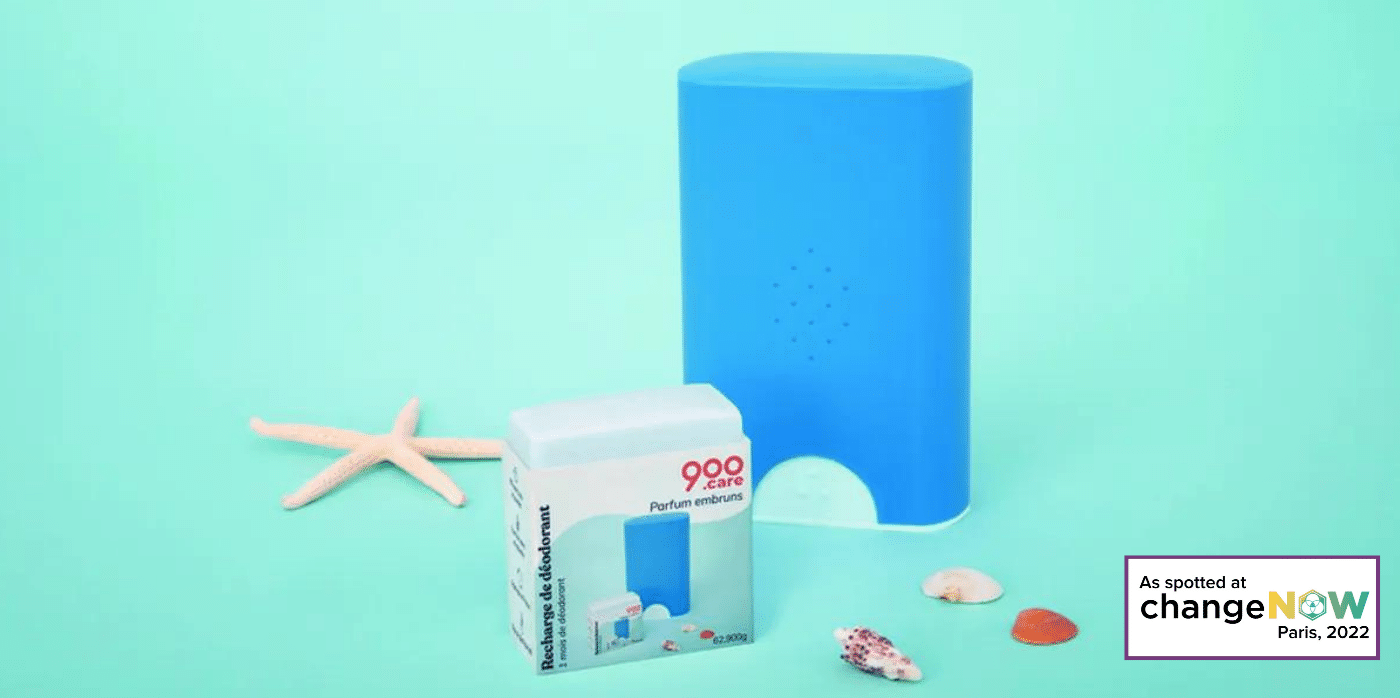Three Swiss design brands present sustainable products in San Francisco
Promotion: a fashion label, packaging designer and coffee roastery are three brands from Switzerland taking part in the Swiss Design Accelerator Program in San Francisco, USA.
The three studios – YVY, Paula Cermeño León and Mikafi – represent innovative design practices emerging from Switzerland.
Recognised at the international event for their pioneering attitude to the design, the three brands aim to have sustainability and circular economic values at the forefront of their creative processes.
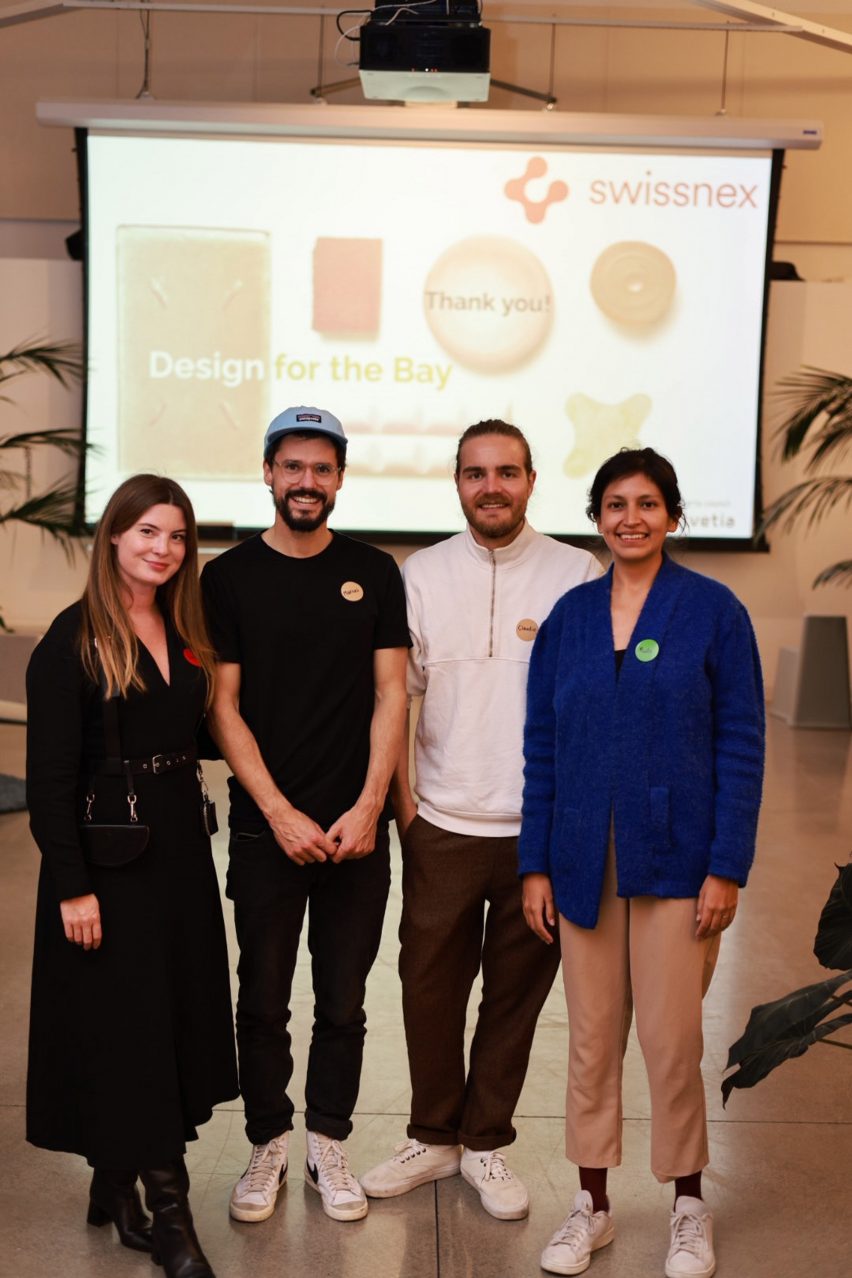
YVY is a fashion label founded by designer Yvonne Reichmuth in 2015, which designs and manufactures leather goods in Zurich.
The brand produces ready-to-wear accessories such as wallets, belts, jewellery and hats in addition to bespoke harnesses and clothing, which are predominantly made from leather.

The brand has clothed notable celebrities such as Kristen Stewart, Billie Eilish, Madonna, Lady Gaga, Troye Sivan, Taylor Swift and Camila Cabello among others.
YVY does not release seasonal collections, instead it creates carry-over pieces that aim to reduce material waste and allow designs to be continuously refined.
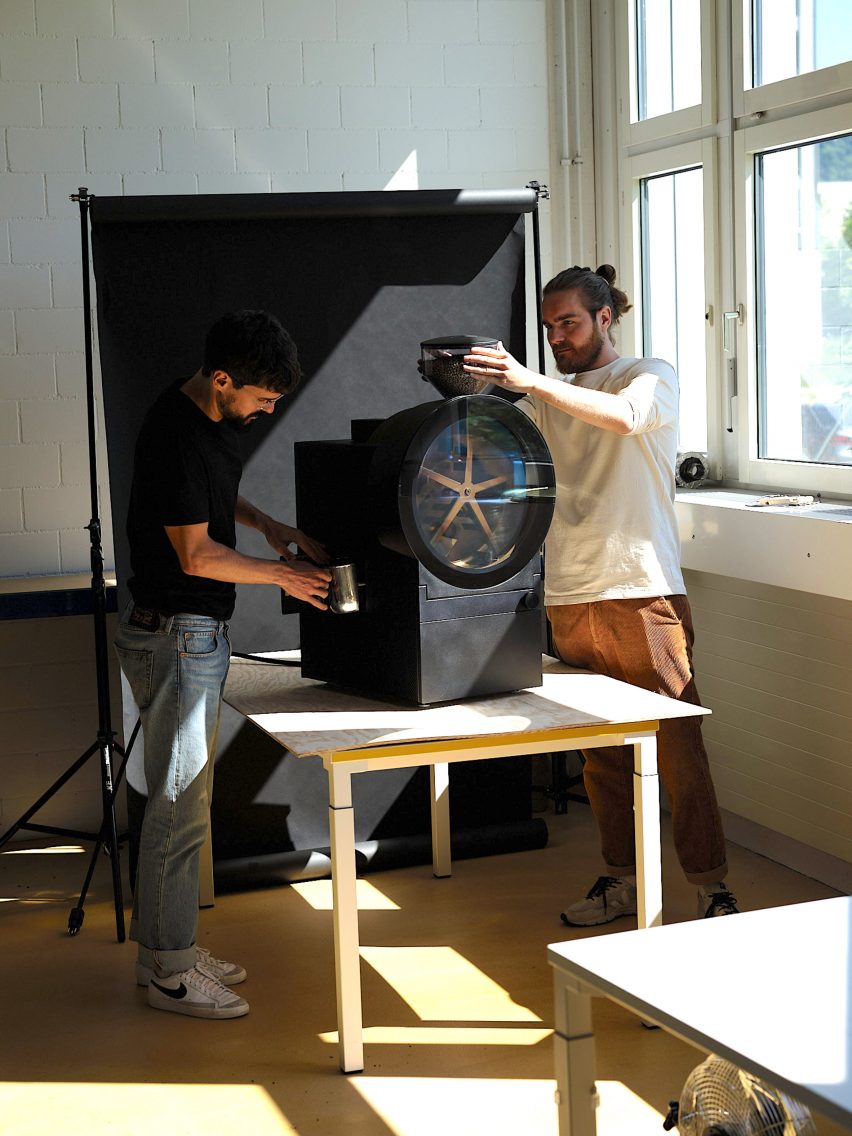
The leather is sourced from byproducts of the food industry, with the brand also offering non-animal alternatives on a case-by-case basis to cater to all client requirements.
The leather follows traditional processing techniques and uses vegetable tanning methods to make the material safe for both those handling it during the manufacturing process and for the planet.
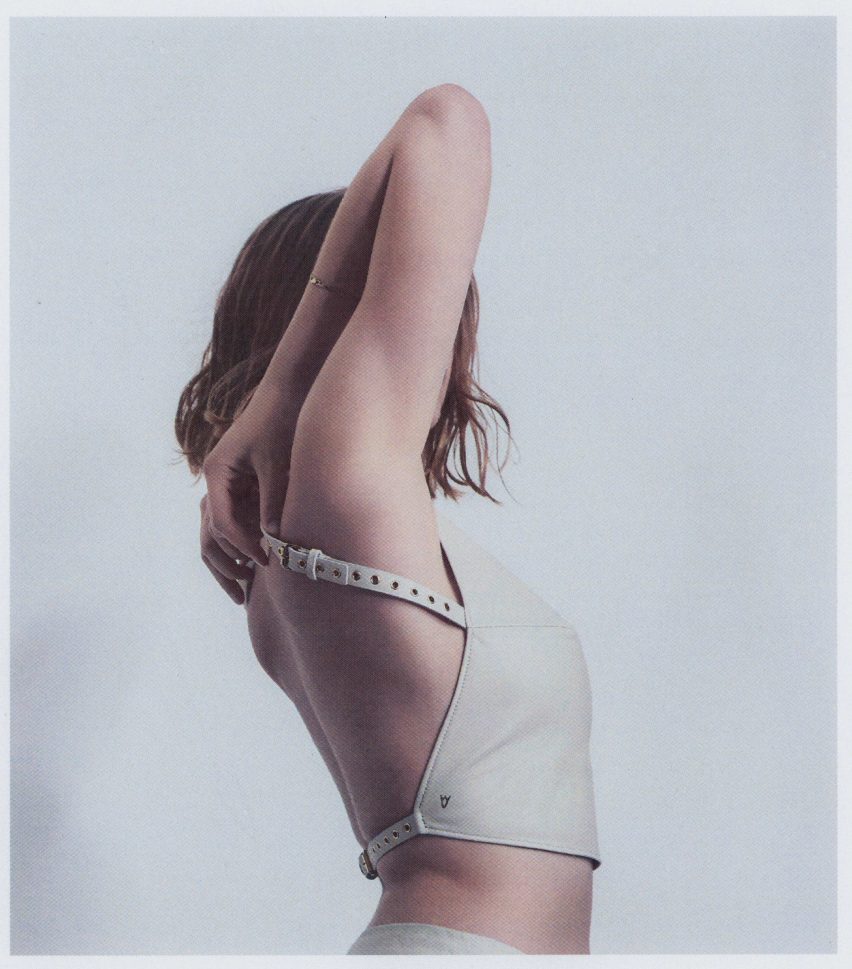

Mikafi designs fully automated coffee roasting systems that are made up of both hardware and software that work in tandem to reduce the impact of coffee making on the environment.
The brand’s tabletop mini roasting appliance called MCR 1 allows coffee beans to be roasted on demand, which reduces overproduction and waste, and being electrically powered makes the machine more environmentally viable than traditional gas-powered roasters.



MCR 1 is still in its testing phase, and has been designed for use in commercial hospitality settings such as bakeries, cafes and restaurants.
It is made up of a chamber containing coffee beans on the top, with a large circular window below that shows the roasting process happening inside.
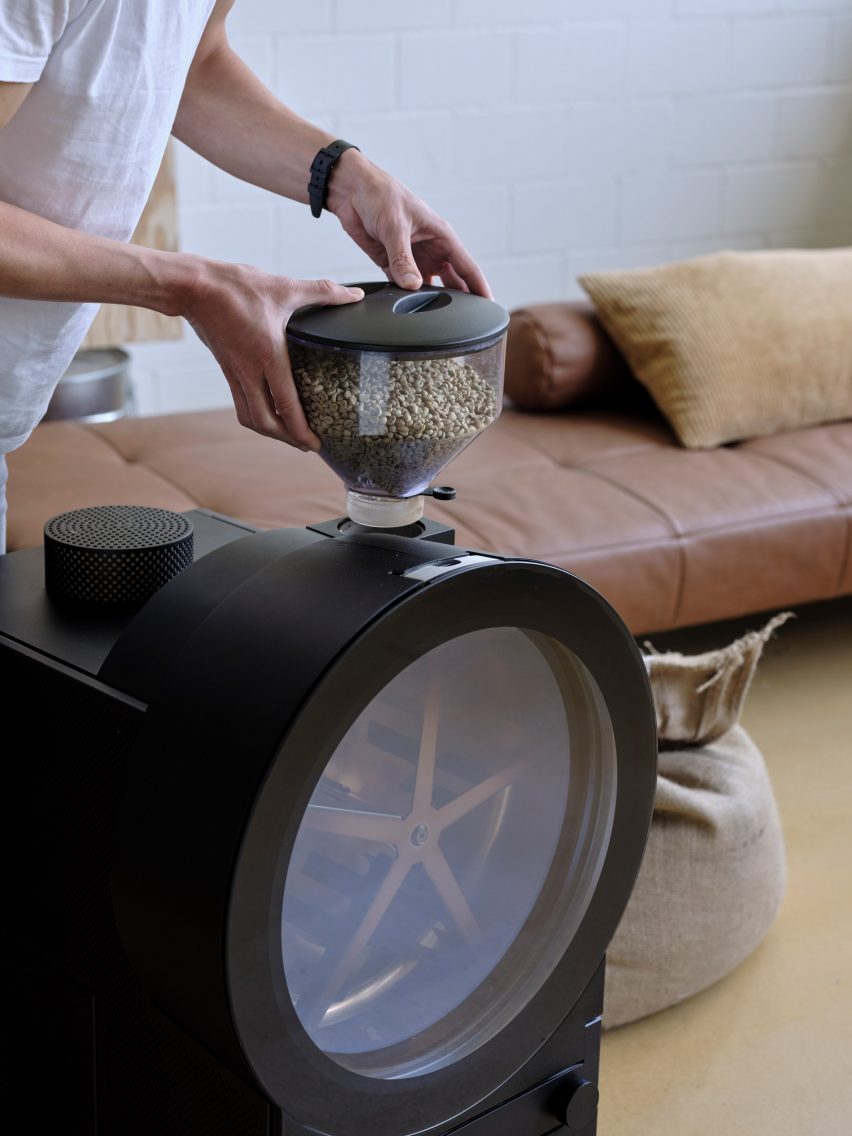

It is made up of a chamber containing coffee beans on the top, with a large circular window below that shows the roasting process happening inside.
Mikafi’s digital platform manages the process of the coffee beans from farm to cup, and aims to open up channels of communication between farmers, hospitality venues and consumers.
“The concept is thought to foster a fairer and more direct trade between the coffee farmer and the consumer, and most of all to strengthen the taste experience of the latter,” said Mikafi.
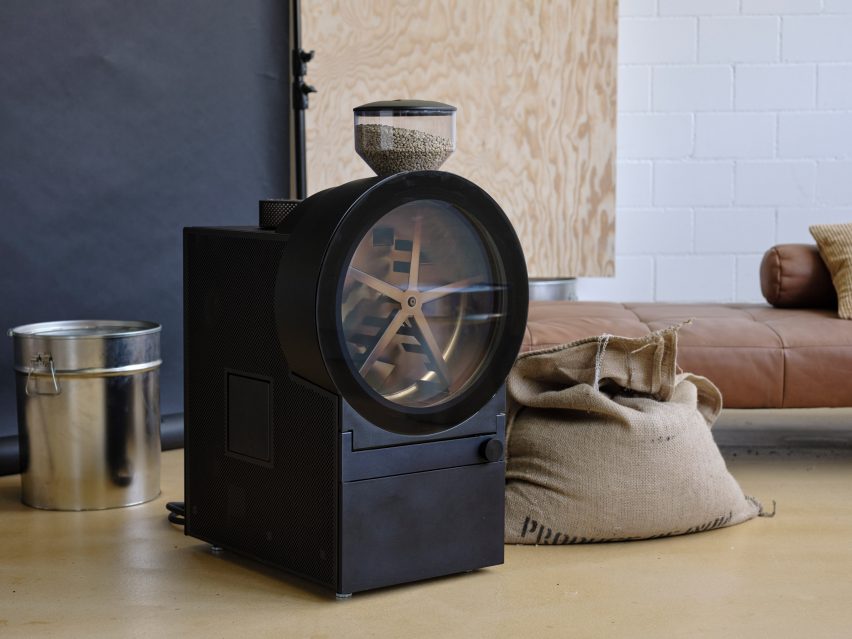

Paula Cermeño León is a designer who specialises in creating sustainable packaging as well as personal care products informed by the importance of circularity and the benefits of working with plants.
She combines her design skills, which she developed during her studies at ECAL in Switzerland, with expertise from professionals who work closely with plants, including botanists, biologists, artists and engineers.
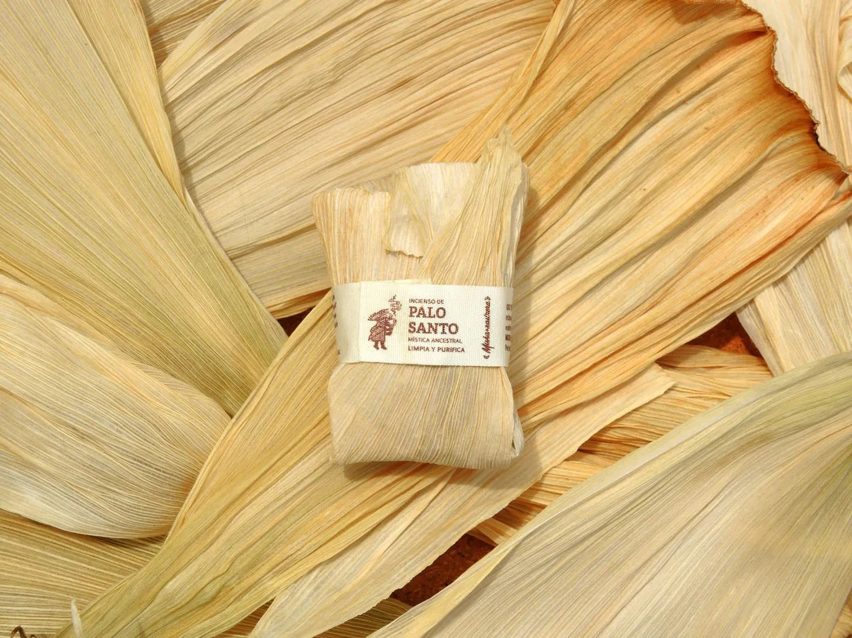

Among León’s designs is a proposed alternative to conventional packaging for Peruvian brand Misha Rastrera, which makes Palo Santo incense.
As opposed to using conventional plastic film packaging, León chose to use surplus corn husks produced during farming to make packaging that is sustainable and compostable.
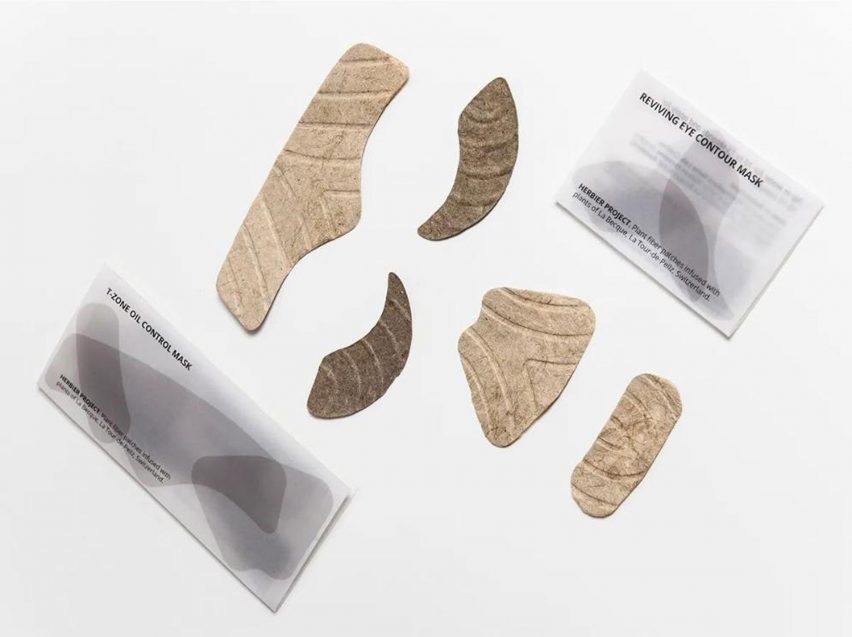

Other eco-based products by León include self-care items, such as the face mask set from her Herbier Project, which is made from plant fibres that can be distributed dry and rehydrated when ready to use.
Her Refined Remedies collection of medicinal products for minor wounds and menstrual pain are also infused with plant extracts and present a contemporary take on herbal remedies.
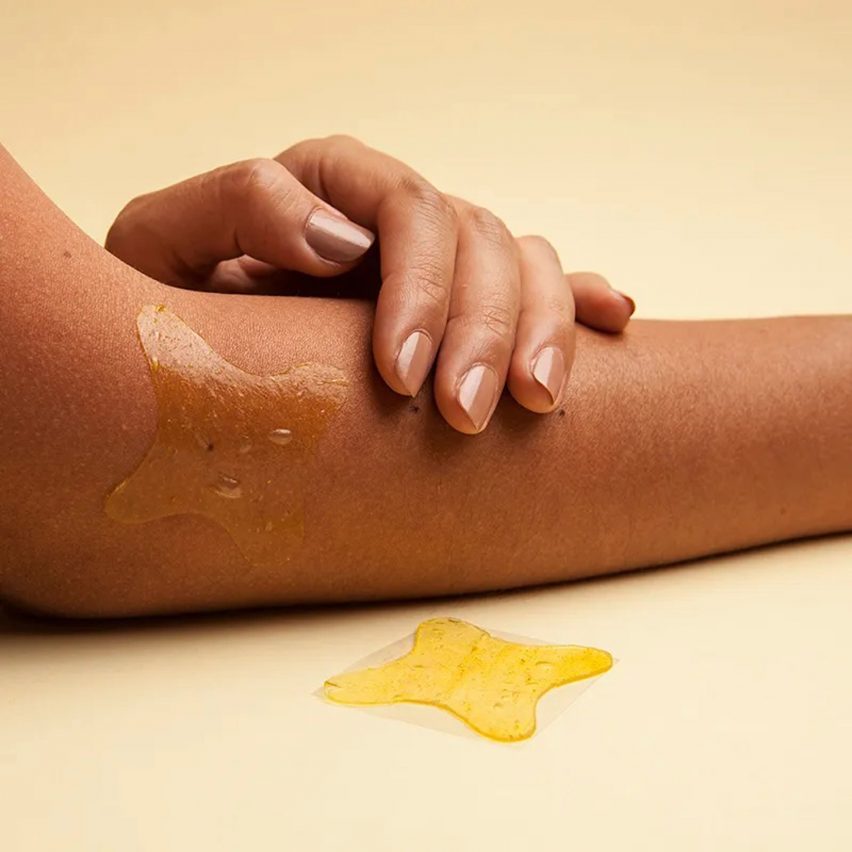

The Swiss Design Accelerator program is the result of collaboration between Swiss Art Council, Pro Helvetia, under the label Design Switzerland, and Swissnex in San Francisco, an initiative by Switzerland’s State Secretariat for Education, Research and Innovation, connecting “Switzerland, North America and the world in science, education, innovation and the arts”.
The program aims to build connections and international visibility for emerging Swiss designers and brands in the design industries.
The program ran from 7 November to 13 November 2022 and was held at Swissnex’s space at Pier 17 in San Francisco.
Partnership content
This article was written by Dezeen for Swissnex as part of a partnership. Find out more about Dezeen partnership content here.

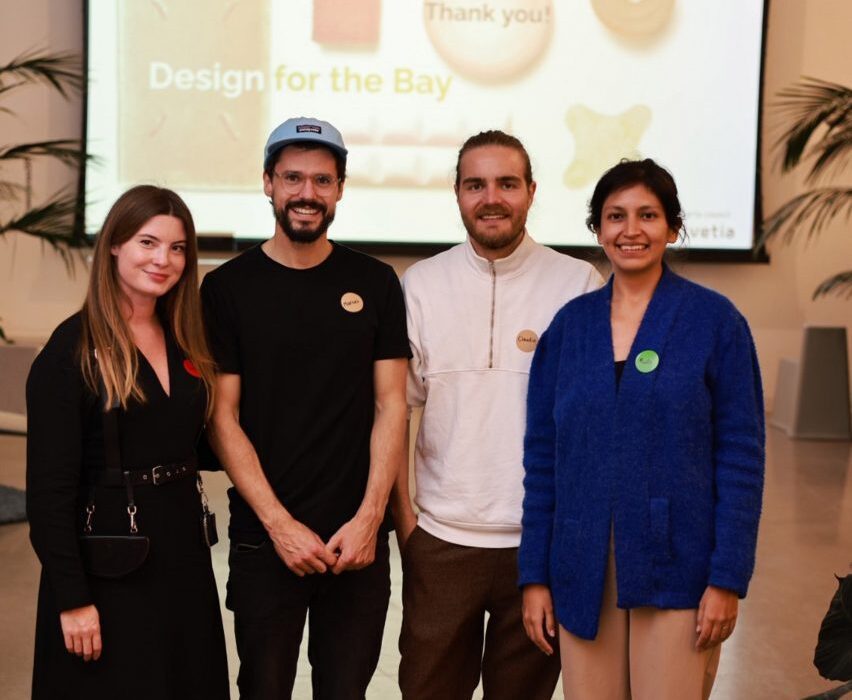
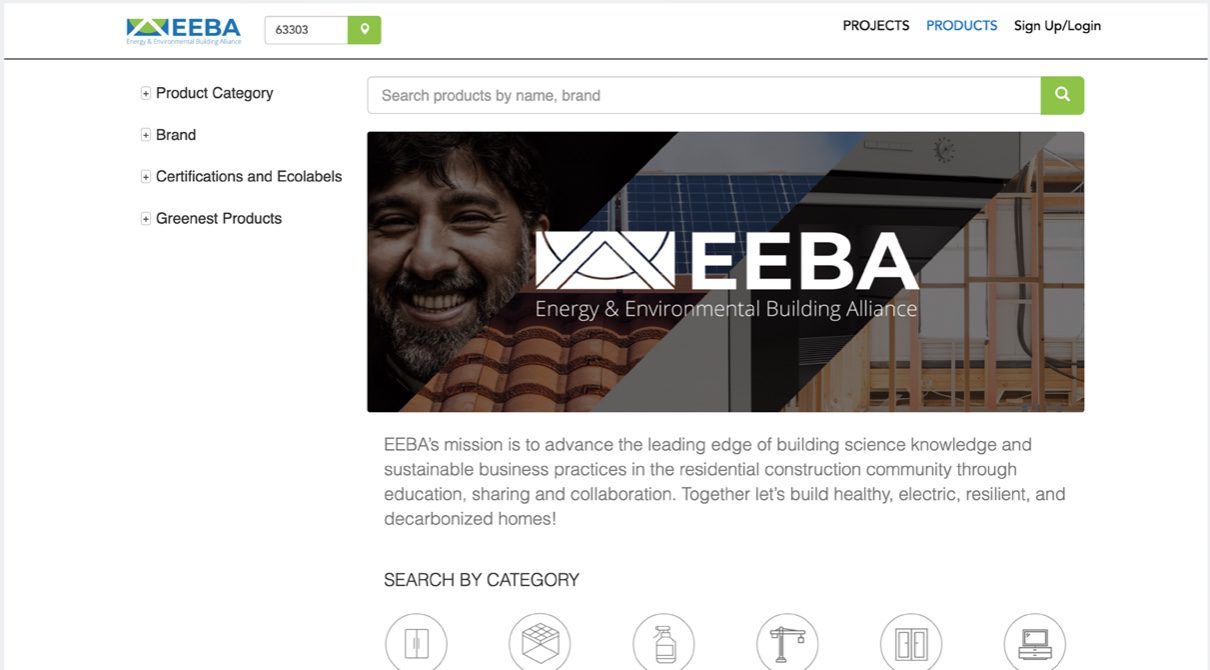
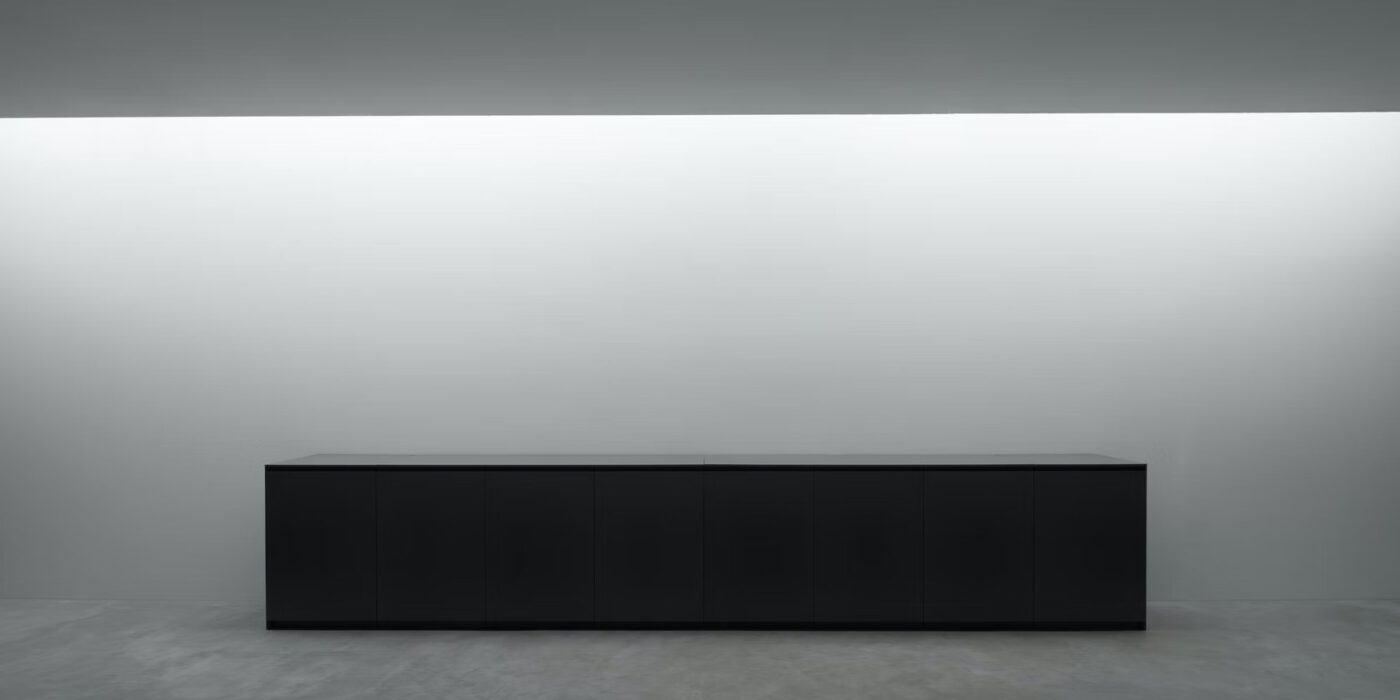
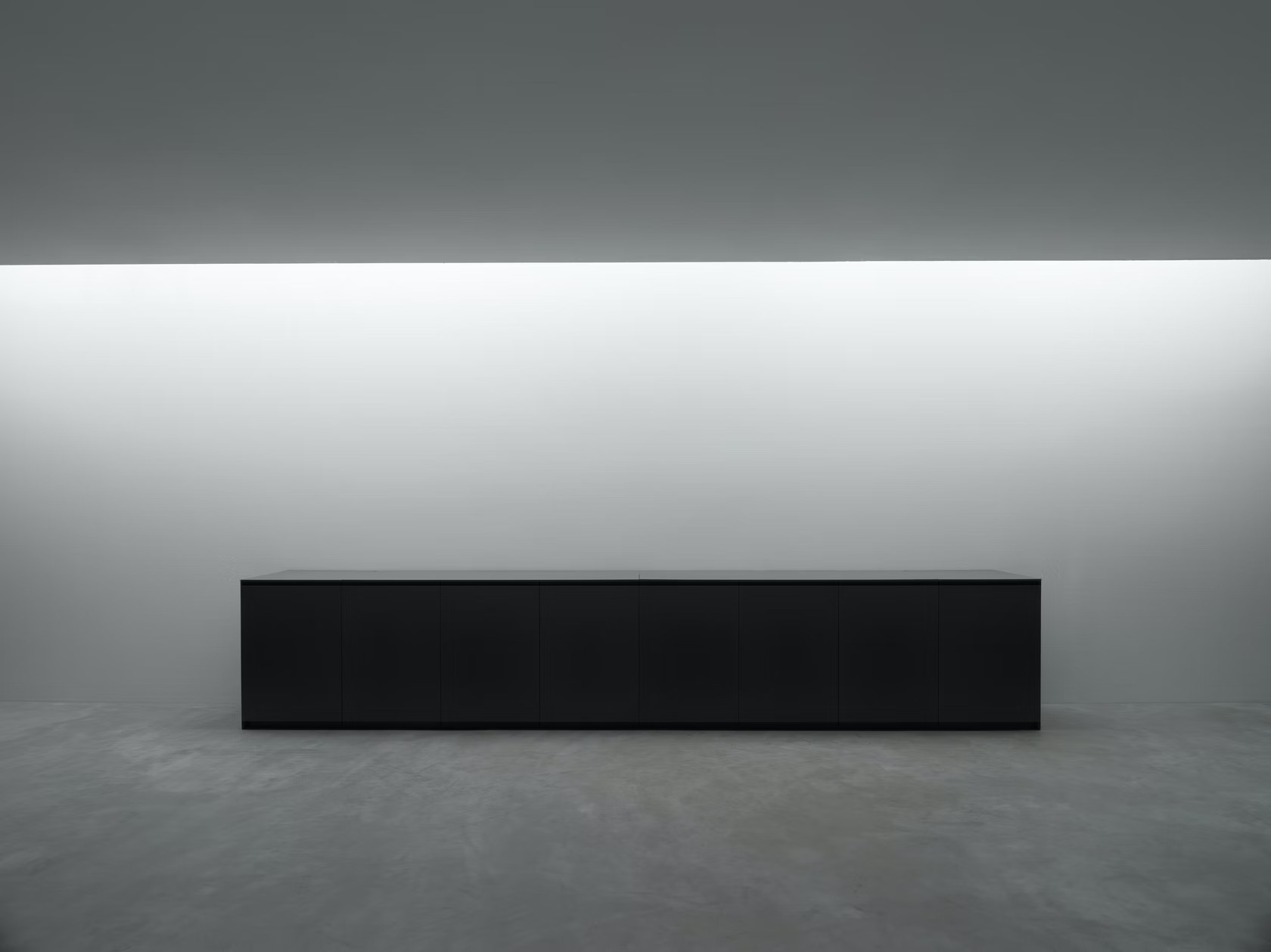 The core of a kitchen setup is always the counter or island. Today’s homeowners are looking for surfaces that are utilitarian without compromising the overall aesthetic. Plain surfaces with flushed drawers, concealed joints and even hidden electric stoves or sinks are making rounds on social media and in homes.
The core of a kitchen setup is always the counter or island. Today’s homeowners are looking for surfaces that are utilitarian without compromising the overall aesthetic. Plain surfaces with flushed drawers, concealed joints and even hidden electric stoves or sinks are making rounds on social media and in homes.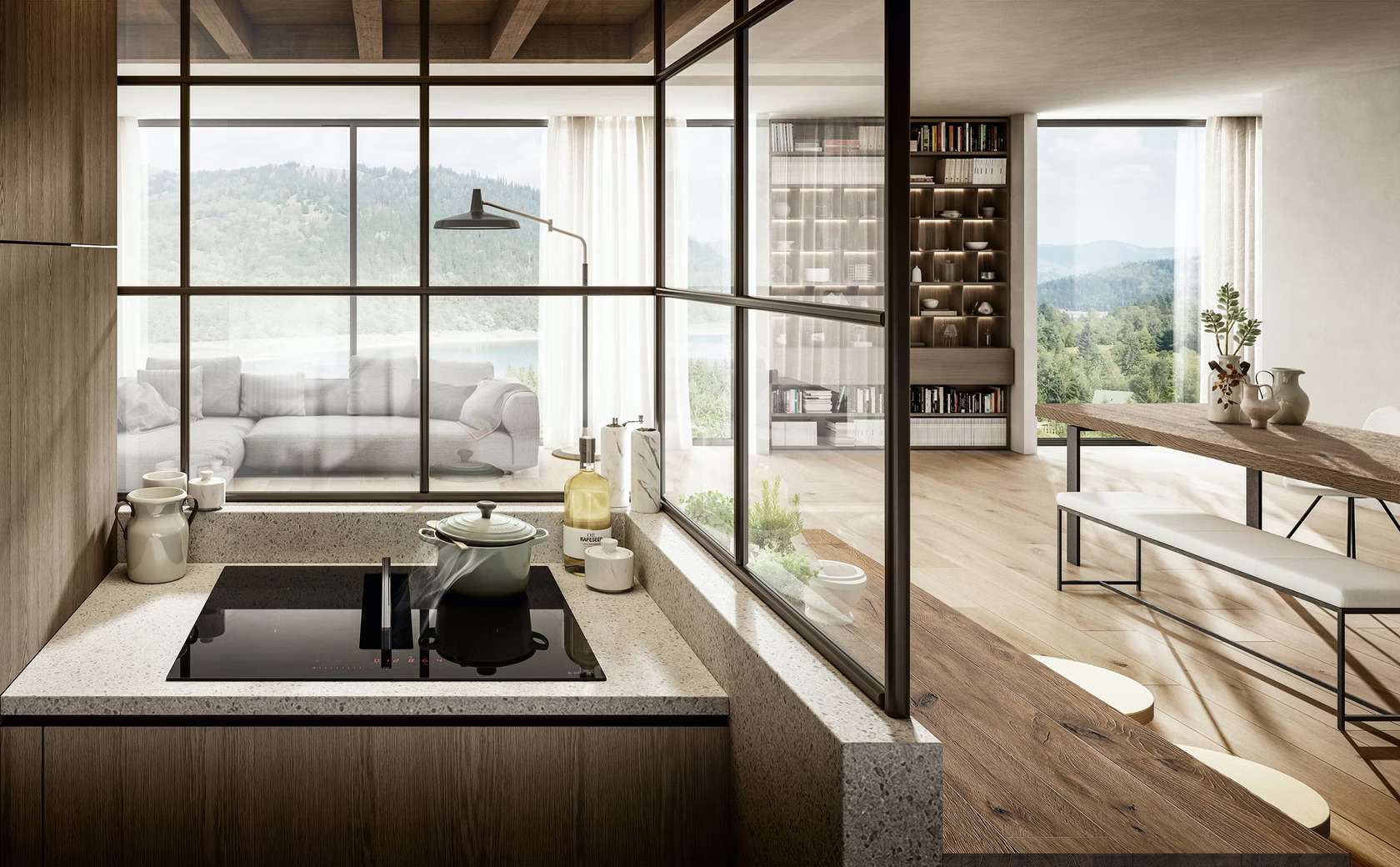 No perfect counter is complete without the right stove. A recessed stovetop not only makes the kitchen seem more spacious but also makes movement and cleaning easier. Traditional burners can come with the headache of cleaning out grime and spillovers and using burner covers can mar the clean look of a kitchen.
No perfect counter is complete without the right stove. A recessed stovetop not only makes the kitchen seem more spacious but also makes movement and cleaning easier. Traditional burners can come with the headache of cleaning out grime and spillovers and using burner covers can mar the clean look of a kitchen.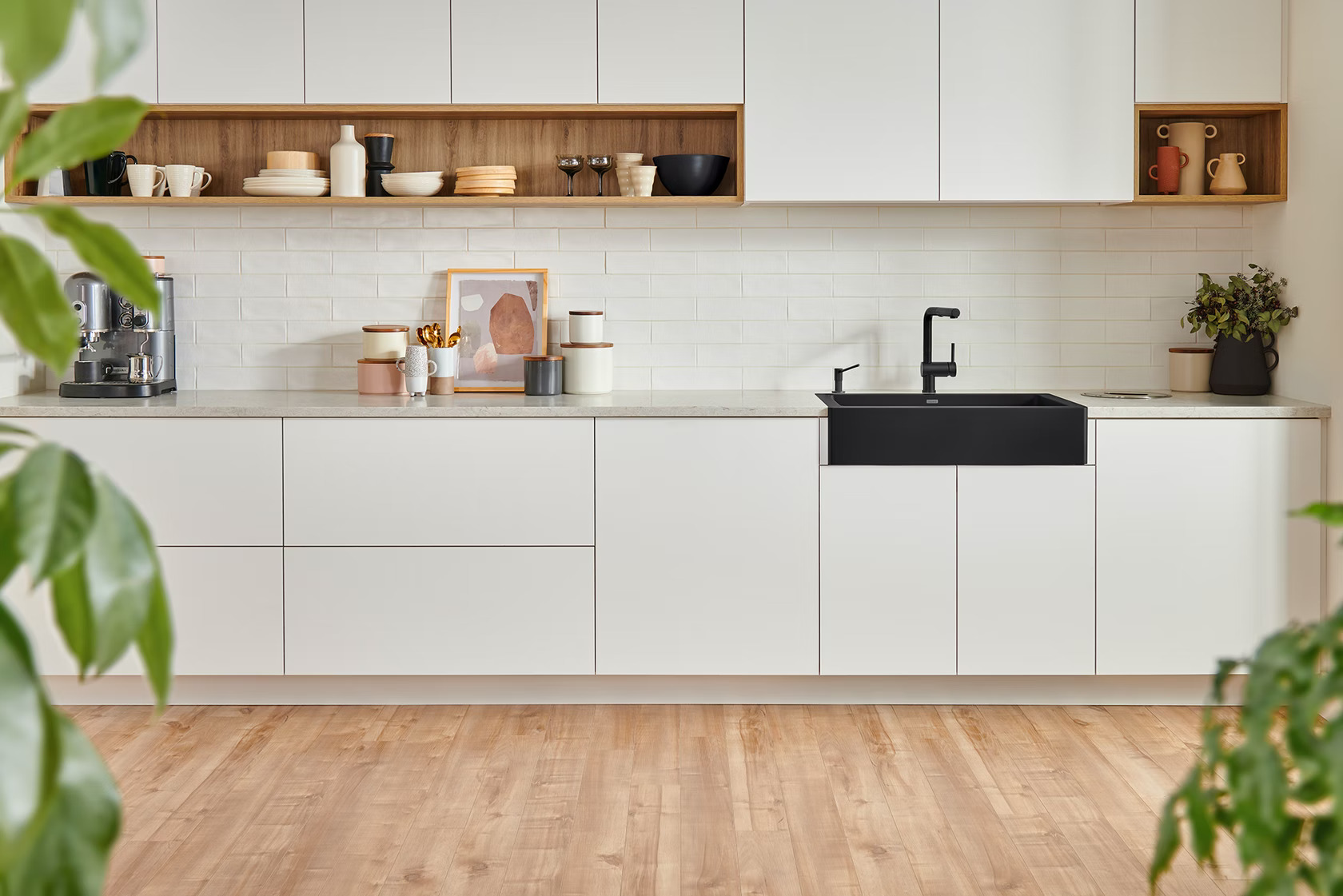 The next step in assembling a minimal kitchen is finding the perfect sink — one that stands out but also blends in. Fewer seams and streamlined fittings can help prevent excess soap and grime buildup and also create the appearance of more room. In line with these needs, designers are now moving away from traditional metal sinks and opting for stone or ceramic options that are more geometric and modern.
The next step in assembling a minimal kitchen is finding the perfect sink — one that stands out but also blends in. Fewer seams and streamlined fittings can help prevent excess soap and grime buildup and also create the appearance of more room. In line with these needs, designers are now moving away from traditional metal sinks and opting for stone or ceramic options that are more geometric and modern.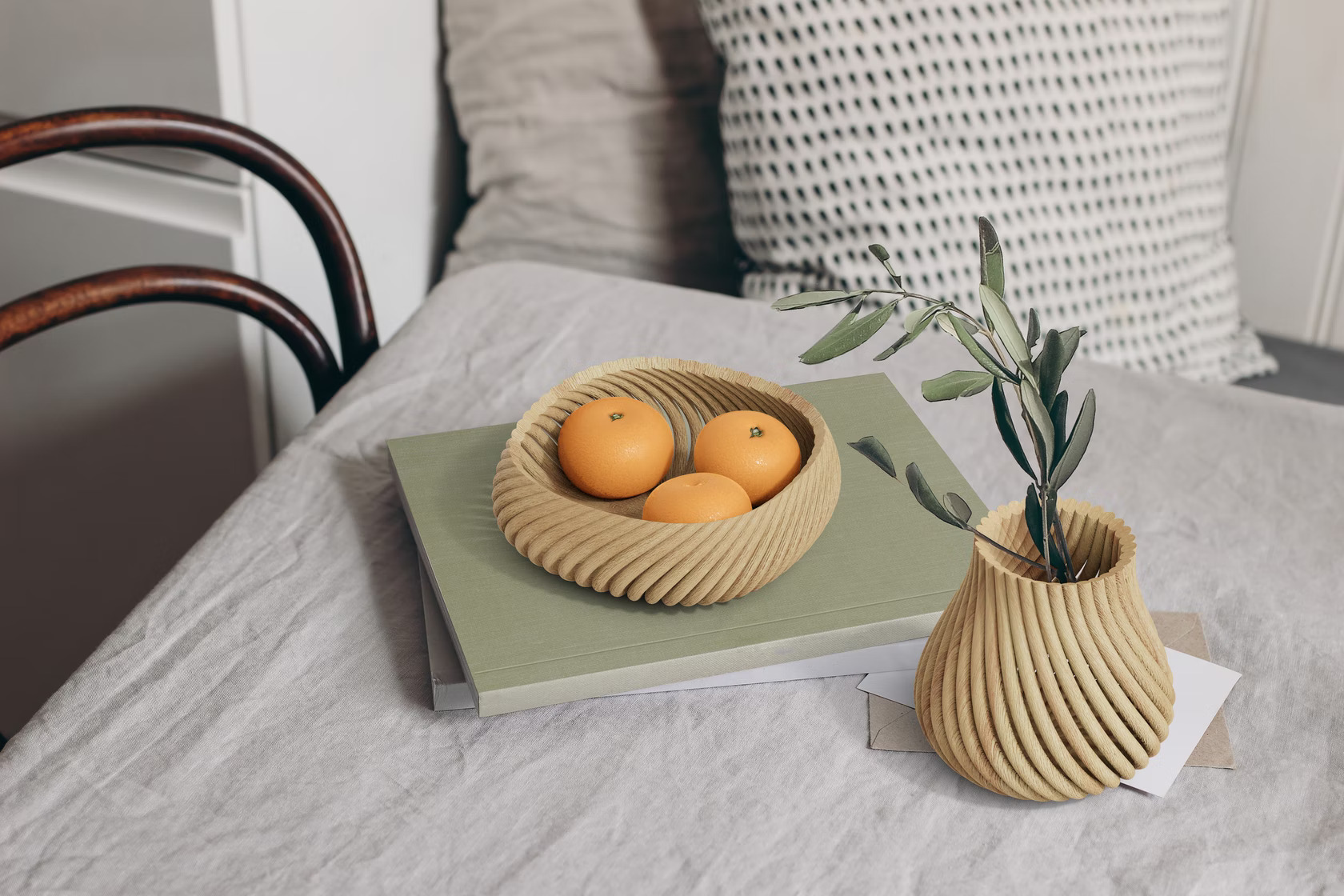 In addition to pots, pans and utensils, displayware is also becoming increasingly popular in kitchen décor. From ornate flower vases to decorative signs and stands, there are options for every kitchen aesthetic. Forust recently developed a 3D printing system that uses wood waste to craft home goods. The sustainable Vine range, designed by fuseproject, includes a vessel, bowl, basket and tray — all of which can be used for a variety of schemes ranging from whimsical cottagecore to minimal monochrome. These pieces are made up of 3D-printed rods that twist and come together to create curved forms without any adhesives. Their simple and versatile design language makes them an easy option to add some warmth to simple spaces.
In addition to pots, pans and utensils, displayware is also becoming increasingly popular in kitchen décor. From ornate flower vases to decorative signs and stands, there are options for every kitchen aesthetic. Forust recently developed a 3D printing system that uses wood waste to craft home goods. The sustainable Vine range, designed by fuseproject, includes a vessel, bowl, basket and tray — all of which can be used for a variety of schemes ranging from whimsical cottagecore to minimal monochrome. These pieces are made up of 3D-printed rods that twist and come together to create curved forms without any adhesives. Their simple and versatile design language makes them an easy option to add some warmth to simple spaces.